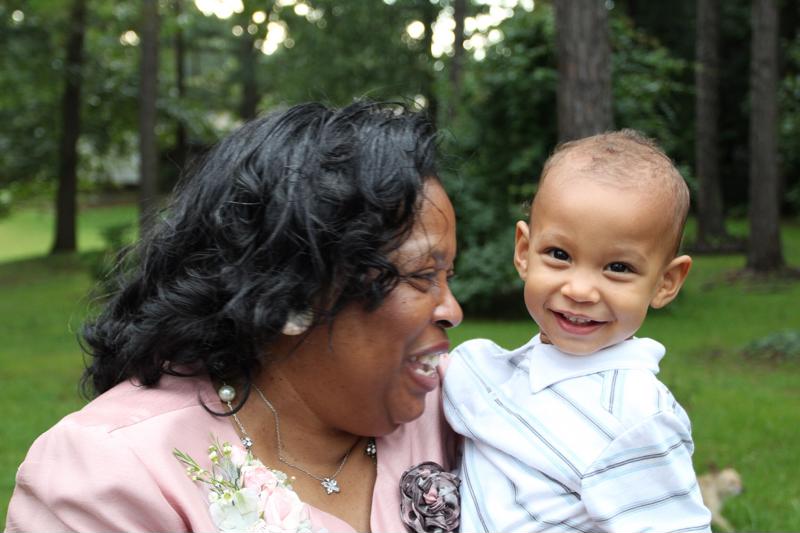Many parents of adult children get excited when they learn they have a grandbaby on the way. They can’t wait to see the little one and are often anxious to find out how they can help.
Grandparents can assist in raising children in many different ways, and a common one is to give a hand in child care. There are many aspects to consider before becoming a “granny nanny,” though. Here are a few pros and cons to this arrangement:
Pro: You’re helping your child save money
One of the biggest perks is the financial savings. The average cost of childcare for infants and toddlers is $10,468 and $9,733 per year, respectively, according to a 2016 Care.com study. Further, the childcare website found that:
- 1 in 3 households spend 20 percent or more of their annual income on childcare.
- 40 percent of parents said the cost had caused tension in their relationships.
- 20 percent of families had fewer children because of the cost.
Many grandparents will refuse much payment, thus reducing the cost of child care for the parents. Other types of reciprocation may include a dinner out, lawn maintenance work or gifts.
Con: You’ll give up some of your own time and money
Grandparents may wind up incurring extra expenses by babysitting full-time, The Spruce pointed out. Caring for a child may involve buying him lunch or paying for entrance into a museum. By babysitting instead of taking a part-time job or tending to a home maintenance concern, grandparents may find themselves financially worse off.
If you had hoped to spend your post-career years traveling, relaxing or taking up a new hobby, child care responsibilities may keep you from these goals.
Pro: Cognitive benefits for you and your grandchild
Some grandparents find that spending time with their grandchildren makes their childcare arrangement well worth the time. Beyond the emotional benefits, taking care of young children can help grandparents stay physically active and healthy.
 Caring for your grandchildren can have cognitive and other health benefits.
Caring for your grandchildren can have cognitive and other health benefits.Spending time with grandchildren could also help prevent Alzheimer’s disease. One study published in the journal Menopause involving 186 Australian women found that minding grandchildren for 1 day per week was associated with positive performance on the Symbol-Digit Modalities Test and the California Verbal Learning Test, which assess neuropsychological abilities.
Another study published in Evolution and Human Behavior found that adults age 70 and older who regularly spent time with children without the children’s parents present had a lower mortality risk over a two-decade period than other adults who did not. The study also included adults with no children or grandchildren.
Grandchildren may also benefit from this arrangement. Young children cared for by grandparents may develop better vocabulary skills, The Spruce noted. And quality time with older family members can help kids learn about their roots and culture.
Con: Too much time together can reduce benefits
While spending one day per week minding grandchildren has positive effects, the study published in Menopause showed that childcare duties for five or more days per week had a negative impact on results. And, though the study published in Evolution and Human Behavior showed positive outcomes of older adults interacting with kids, it didn’t include grandparents who were full-time babysitters.
Chasing after toddlers is certainly a good workout, but doing so daily can get exhausting. Some grandparents may feel worn out by their full-time babysitting duties.
Benefits for grandchildren can also decrease over time. Kids who don’t go to daycare or play groups may miss out on developing certain social skills. Additionally, children who are looked after by their grandparents have a higher risk of obesity, The Spruce noted.
Every family situation is different, so there’s no right answer for how much time is best for grandparents to watch grandchildren. Keep an open dialogue to make sure everyone is on the same page. If your childcare arrangement isn’t quite right for you or the parent, have a discussion with your son or daughter about hiring another babysitter, enrolling the child in a part-time preschool or finding another solution.
